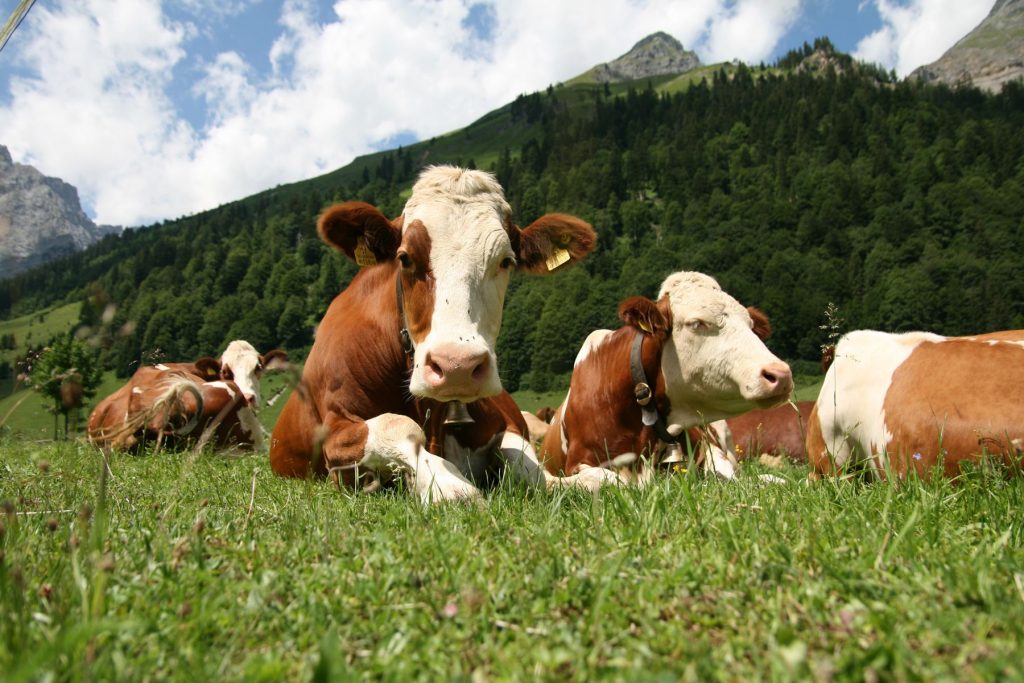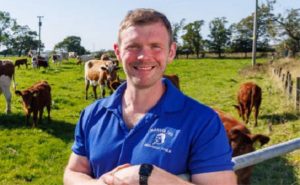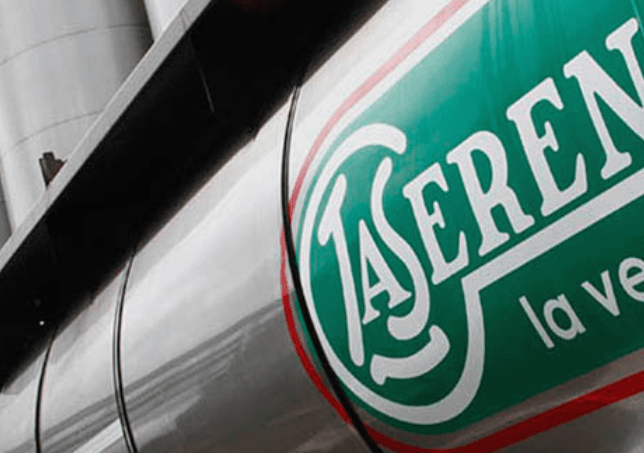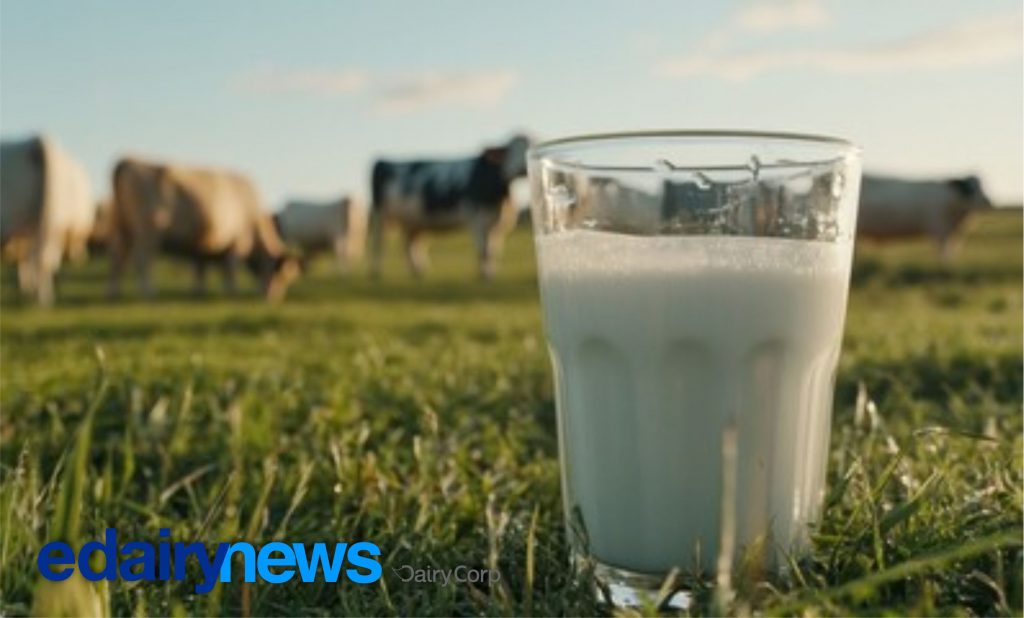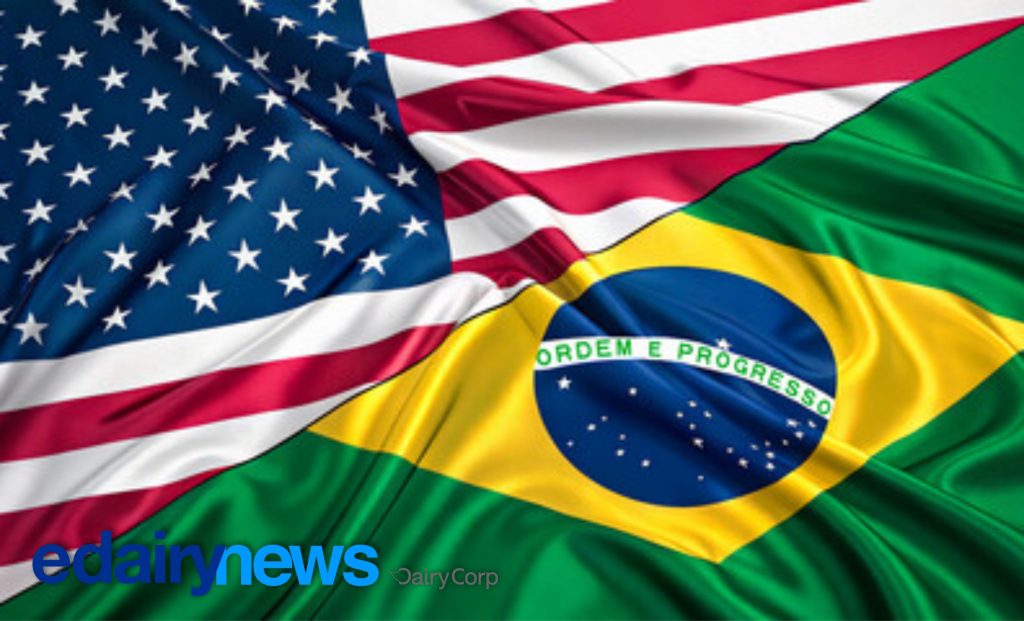The New Zealand dairy co-operative’s chief executive Miles Hurrell said it was a good year for the business with profit up, debt down and a strong milk price.
“We increased our profit after tax by more than $1b, reduced our debt by more than $1b and this has put us in a position to start paying dividends again,” Hurrell said.
It will pay a dividend of 5 cents per share, which is at the lower end of its 5 to 7 cent range.
“This year marks a return to paying dividends, a position we expect to maintain in the future, assuming normal operating conditions,” Fonterra chairman John Monaghan said.
It will pay farmers $7.19 per kilogram of milksolids for the 2019-20 season.
A final farmgate milk price of $7.14 per kilogram of milksolids meant the total payout for a fully share-backed farmer was $7.19 per kilogram of milksolids, the fourth highest for the co-operative, Monaghan said.
The full year result is a vast improvement on the $605m loss it made in the 2019 financial year, which was largely a result of massive asset write downs. That came after Fonterra posted a $196m loss, its first ever in 2018 at which time it launched an organisational reset which included a significant debt reduction programme.
In 2020 debt reduced by 19 per cent or $1.1b compared to the previous year.
Fonterra’s unit price is trading at $4.05, up 85 cents over the past year.
Hurrell said it was a year of two halves and the flow-on effects of the Covid-19 pandemic did impact its performance in the second half, particularly in its consumer and food service businesses.
Looks like a good result from Fonterra this morning. Seems to hit all the marks.
— Grant Davies (@G_T_Davies) September 17, 2020
In strengthening its balance sheet the business had been able to focus on managing Covid-19, Hurrell said.
“So far, demand for dairy has proved resilient and our diverse customer base and ability to change our product mix and move products between markets has meant we can continue to drive value.”
Food was a good business to be in and Fonterra’s workers and teams had responded well to Covid-19 disruptions, he said.
“It shows a resilience in our business and the strength of the co-op to handle these types of sudden and significant changes which are now the new reality for us.”
Normalised profit before interest and tax of $1.1b was significantly up on last year’s $17m loss. The normalised profit included gains from asset sales, and impairments and costs relating to a strategic review.
Once these were taken out, normalised profit before interest and tax, which Fonterra used to show its underlying business performance, was up from $812m to $879m, despite the financial impact of Covid-19 in many of its markets, Hurrell said.
The main drivers were strong profit in its ingredients business and strong sales and gross margins from its China food service business in the first half of the year despite Covid-19-related disruptions, Hurrell said.
Fonterra had entered 50 new cities across China, taking its total to 350.
Fonterra had also made progress in reducing its environmental footprint, Hurrell said. For example its energy intensity at its manufacturing sites reducing by 20 per cent – enough saved energy to power all New Zealand households for a year, Hurrell said.
Monaghan said given uncertainty created by Covid-19 a 5 cent dividend was a prudent decision and one that balanced its goal of further reducing debt and distributing earnings.
Earnings per share for the 2020 financial year was 24 cents. Fonterra is forecasting earnings per share in a range of 20 to 35 cents per share in the 2021 financial year, he said.
“This earnings range assumes a number of factors working in our favour, including that there is no heightened disruption from Covid-19 over what we currently face, and an improved trading performance driven out of Asia and Greater China.”
Monaghan said Covid-19 meant the “demand picture remains finely balanced” from a milk price perspective.
“The best way of coping with uncertainty is to stay on strategy and focus on what is within our control – delivering for our farmers, unit holders and customers, and maintaining our financial discipline.”
Hamilton Hindin Greene broker Grant Davies said the result was in line with forecasts, albeit with a slightly lower dividend payout than expected.
A lower dividend allowed Fonterra to pay off more debt and reduce the interest burden that came with higher debt levels, he said.
He expected Fonterra to continue its debt reduction programme which, in turn, would allow the company to pay better dividends in the future.
The result showed Fonterra had a solid cashflow, which increased $733m to $1.8b, he said.
As indicated the co-op was distributing a decent payout for farmers, he said.
“That’s got to bode well for the regions.”
Fonterra chief financial officer Marc Rivers said the co-op was making good progress in the sale of its China Farms business and selling down its share in Beingmate.
It was also looking to sell its joint venture with Nestle, DPA Brazil, however the disruption of Covid-19 in Brazil had slowed that down.
Fonterra assets had to ”pull their own weight” and justify their place in the co-op’s, portfolio which meant they were constantly being reviewed, he said.
“Going forward you’re always looking at the whole portfolio of businesses.”
As an essential business Fonterra had been able to continue operating throughout the pandemic and had not needed any government assistance, Rivers said.
It had no plans to increase its staff numbers any more than it needed to, he said.
“We need to remain disciplined and efficient.”
He said he sympathised with farmers who may be disappointed with the lower range dividend.
But the fact Fonterra was able to return a dividend marked “significant progress” from where it had come from, he said.
Farmers also needed to understand that Fonterra had made good progress on reducing debt but it was still not at a level that was needed.
That combined with Covid-19 pandemic risks meant it needed to be prudent in dividend payments, he said.
“We want the farmers, unit holders, everyone to see there’s a return on their capital. We have to respect that.”

